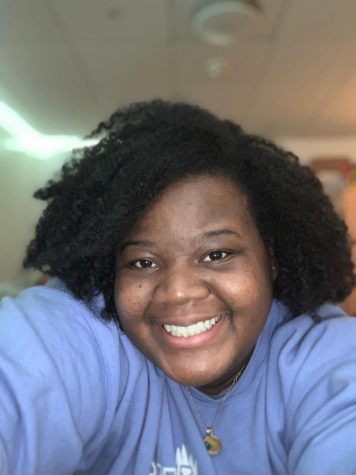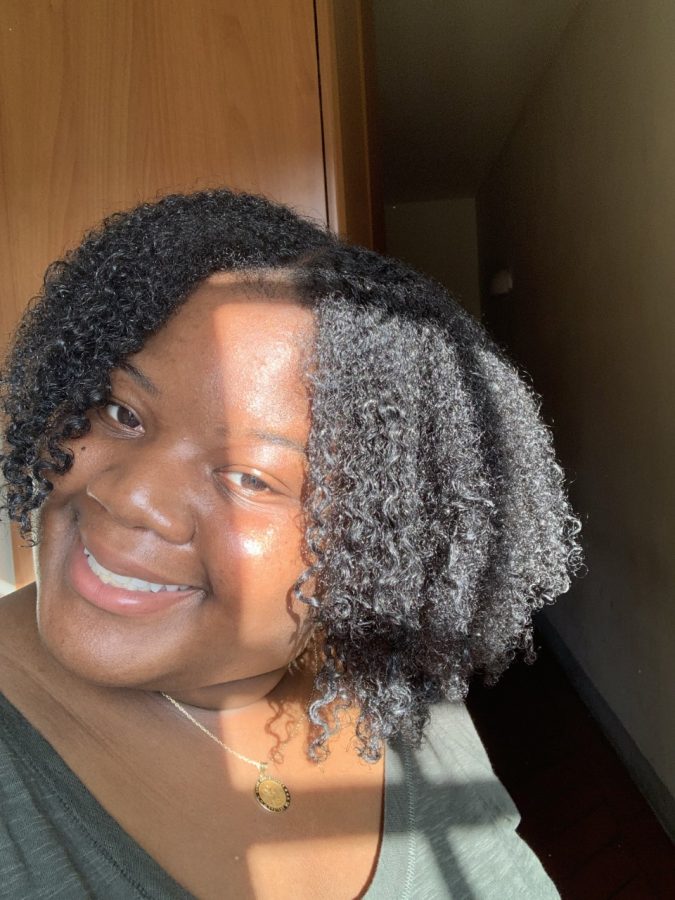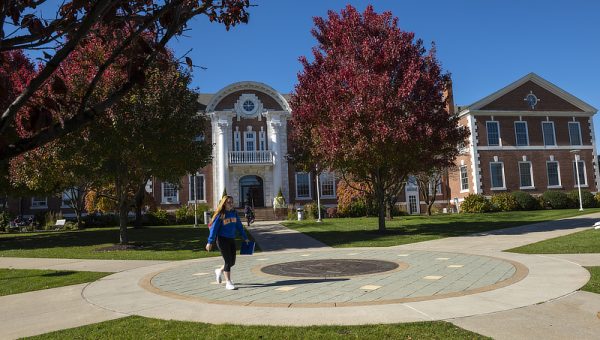Passing laws on hair discrimination can only do so much
Women and girls are taught that their hair is one of the most prized possessions they can have. Hair can represent beauty standards or religious beliefs that people stand by. However, society’s standards have changed how we look at hair in terms of professionalism.
I have natural hair that is very thick and curly. For picture day at school when I was younger, I would get my hair straightened to look prettier and, over time, I kept wanting to straighten it. This led me to conform to what society sees as standards of beauty and “whiteness.”
Since it is Black History Month, it is essential to begin a discussion surrounding how many of these professionalism-based beauty standards affect Black indigenous people of color (BIPOC) women every day in the workforce. This is probably why Connecticut lawmakers are trying to pass the Crown Act that would prevent discrimination against Black women in the workplace and schools.
We often see news stories on Black students getting in trouble for how they style their hair. Specifically, when a Black teen had to cut his dreadlocks to participate in a wrestling match, as well as young Black girls that are constantly getting reprimanded or prevented from participating in school because of their hairstyles; here is a list.
For job interviews, I never wore my hair in its natural state. Having your natural hair out, if you’re Black has never been deemed as professional. Although social media has created a shift in how natural hair is seen in the media and society, I don’t see how this helps those in the workplace.
Everyone has their biases, and if your boss asks you to look a certain way for your job, would you not adhere to what they’re saying? I understand how people could have been fired over their hairstyles, and they were probably told this by their boss; but, I feel as though this act would just prevent employers from saying “your hairstyle is not how we want our company to be represented.”
If someone has the skill set for a job, why should their hairstyle matter? This is an issue because if more BIPOC were in higher-up positions, they would understand cultural hairstyles and what they mean to their history, educating those around them to understand it, too.
I stand by this Act being passed for students, specifically. Mainly because these kids and teens are still trying to find themselves and should not have to conform to white standards or hair when they are still so young. No school, specifically public schools, should have the power to decide how a student’s hair should look.
This act would be great if it were to be passed. However, it takes more than a law to be passed for it to be enforced.

Kristen Marcus is a senior majoring in communication with a concentration in journalism. She has been involved with the Charger Bulletin since her sophomore...




